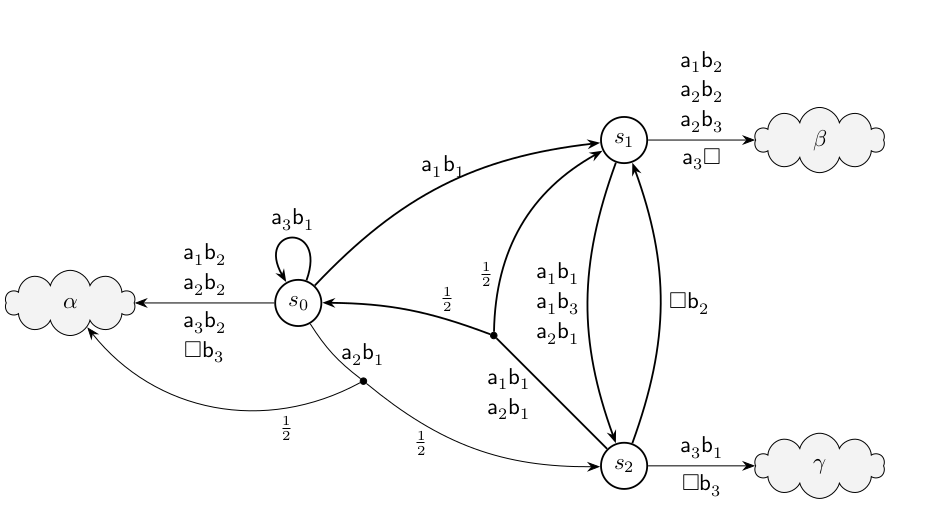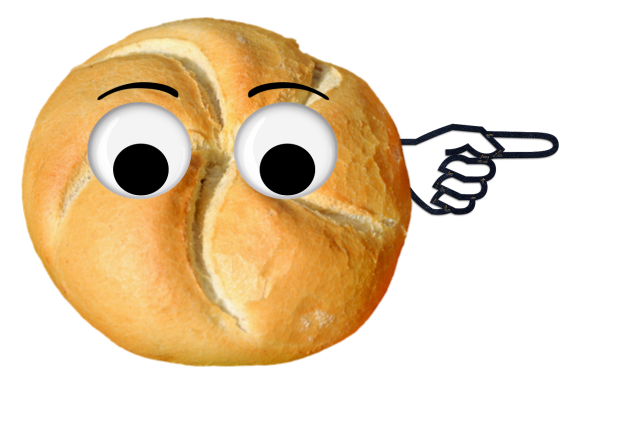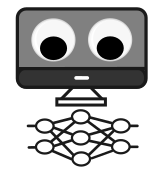E-Mail: firstname.lastname@tum.de
ORCID:
 0000-0002-8122-2881
0000-0002-8122-2881Address:
Botanická 554/68a, 602 00 Brno

 0000-0002-8122-2881
0000-0002-8122-2881Botanická 554/68a, 602 00 Brno
We develop value iteration algorithms for stochastic games.

We develop runtime monitors for neural networks to improve their reliability.
We abstract neural networks to improve verification speed.
We apply machine learning to the LTL synthesis problem.
We design algorithms for translating LTL to different types of automata.
We develop methods for explaining controllers with decision trees.
We develop methods for explaining controllers via automata.

We develop techniques for the verification of concurrent stochastic games which extend turn-based stochastic games by allowing players to select actions simultaneously in each state, reflecting more realistic scenarios of interactive agents acting concurrently.

In this project we develop learning-based exploration heuristics for LTL Synthesis that exploit the semantic labelling of the underlying Automaton/Game.

We create a tool (Monitizer) that optimizes monitors on a NN for a specific task.

Represent controllers as decision trees. Improve memory footprint, boost explainability while preserving guarantees.

Automata Tutor is an online teaching tool that aids instructors and students in large courses on automata and formal languages with many different exercise types.